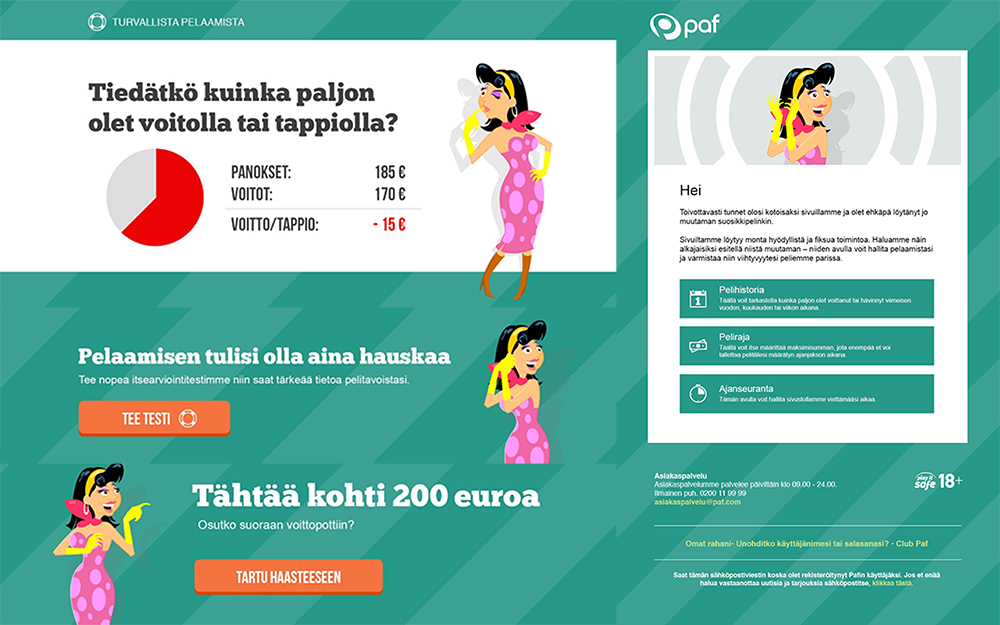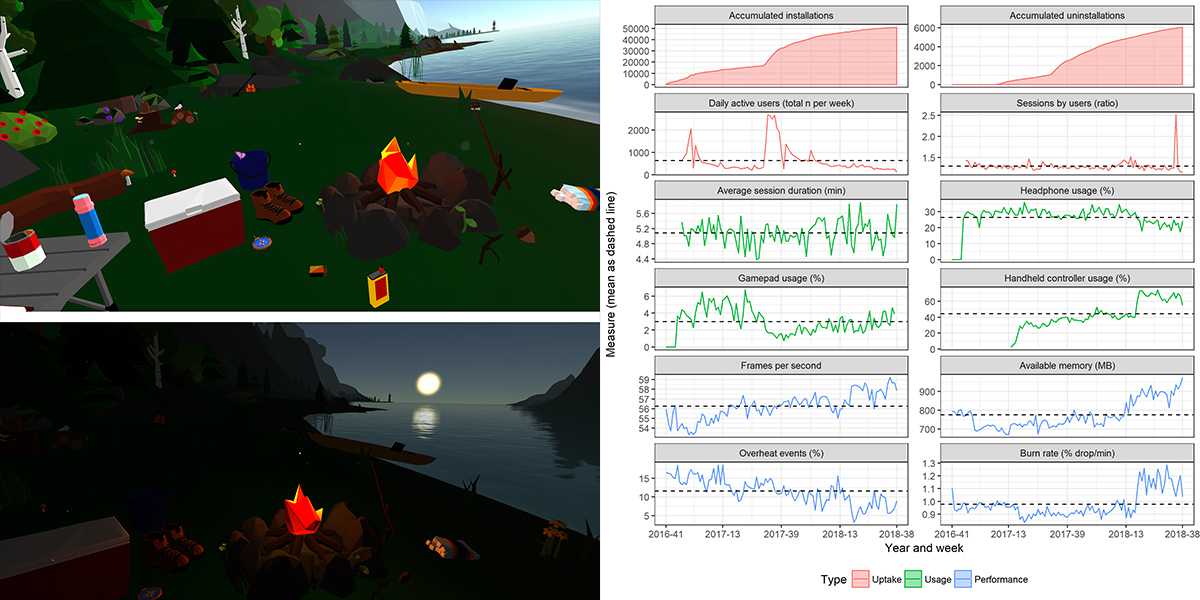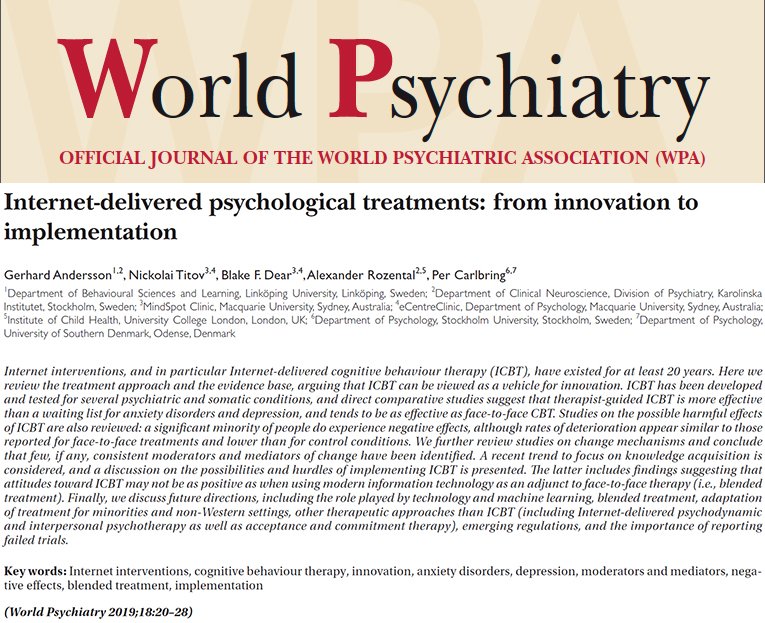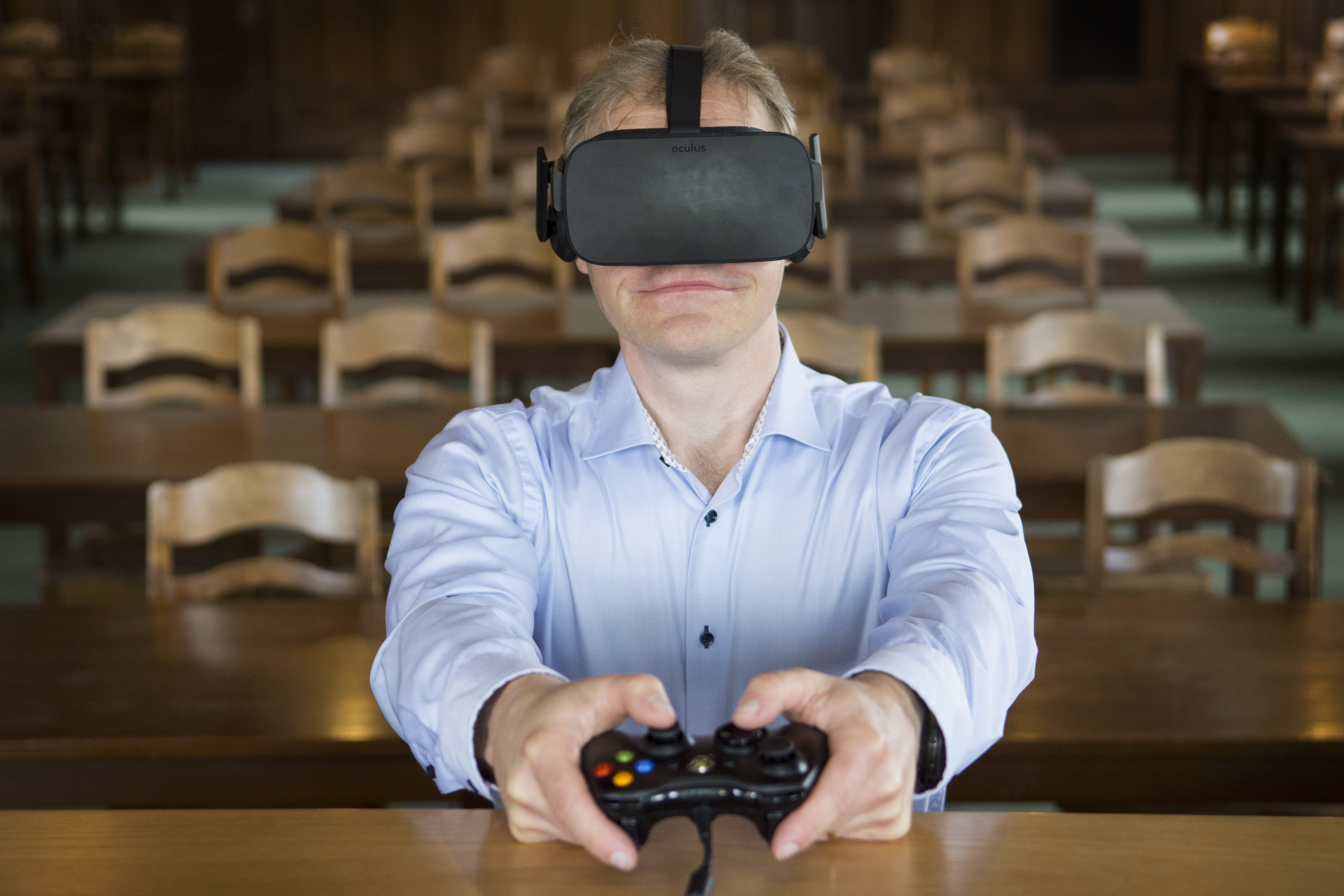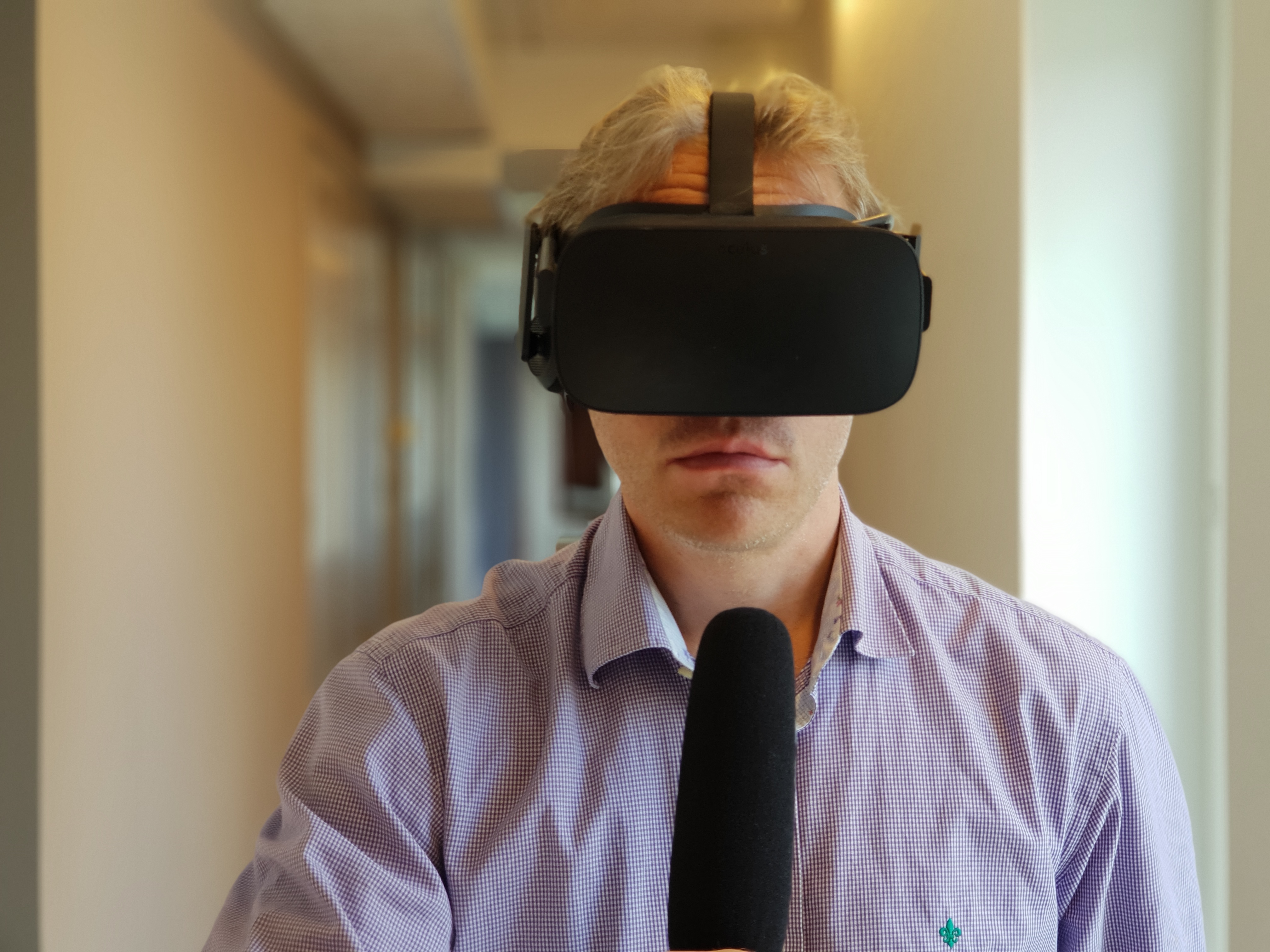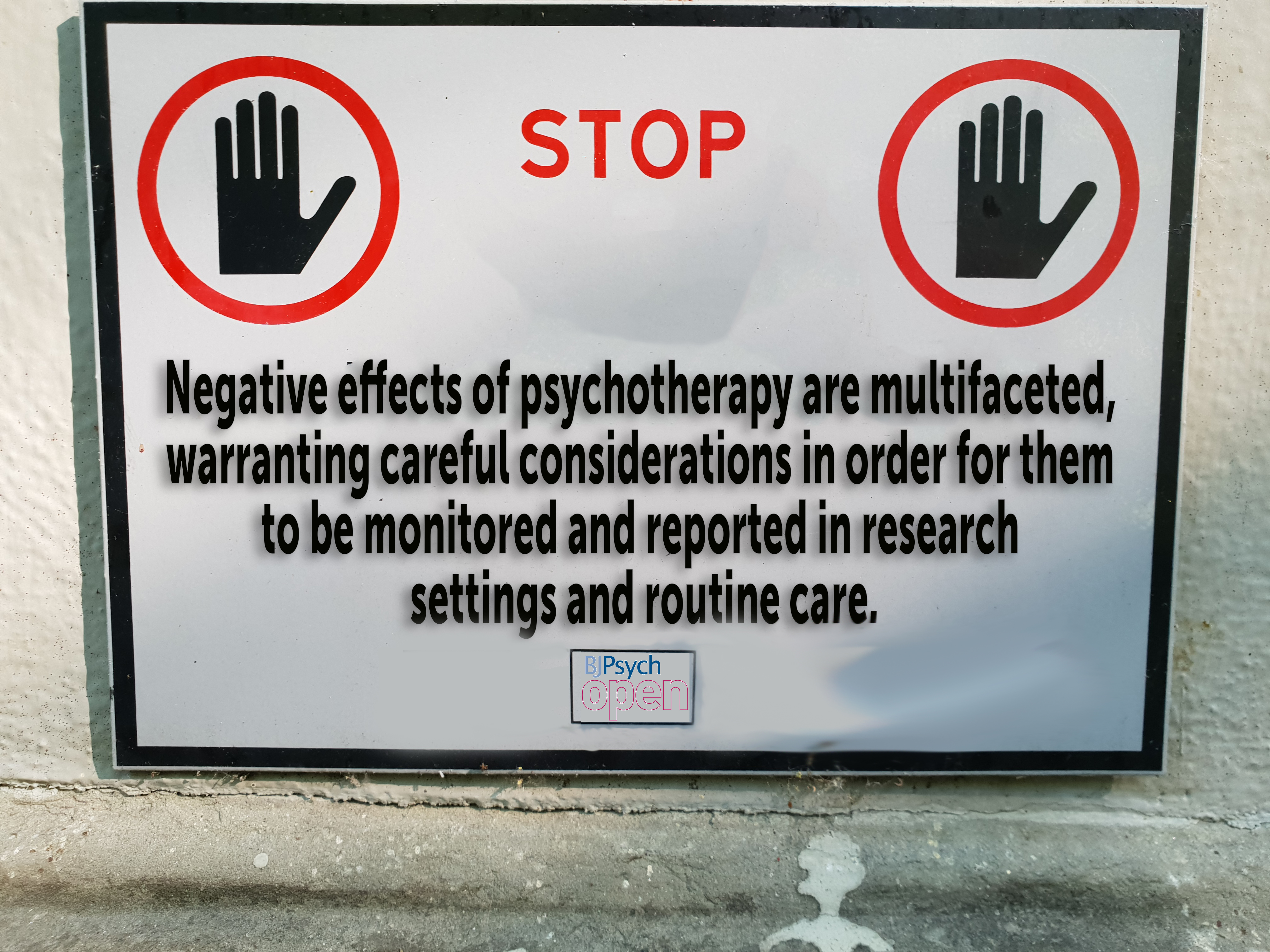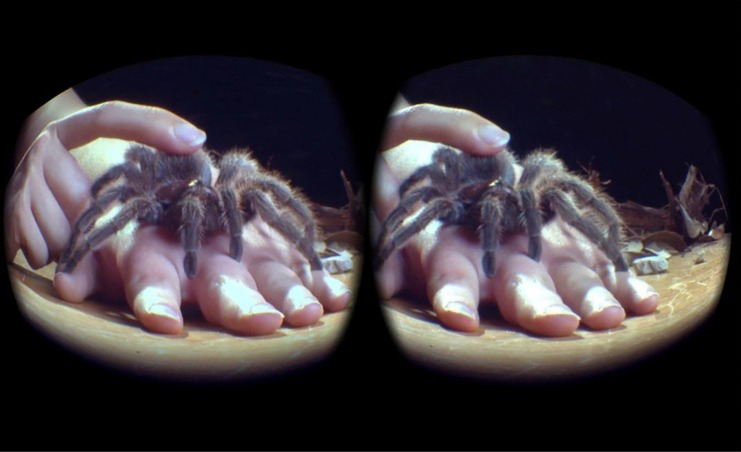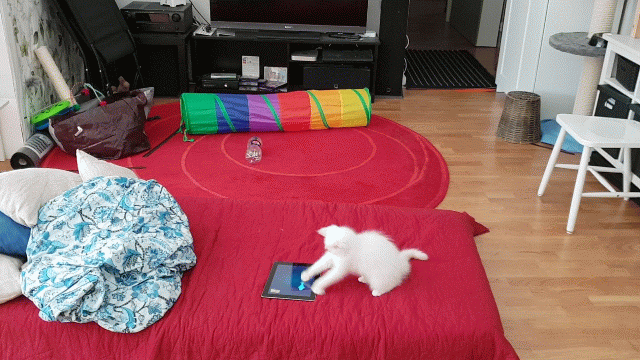Experiences of responsible gambling tools among non-problem gamblers: A survey of active customers of an online gambling platform
Responsible gambling (RG) tools, aiming at helping gamblers to avoid gambling-related harms, are common in online gambling platforms. Gambling industry, policy makers, and researchers have warned that RG tools can potentially disturb recreational gamblers, channeling them to less protective operators. No evidence exists to support these concerns, and they can hinder the development of effective … Läs mer!
